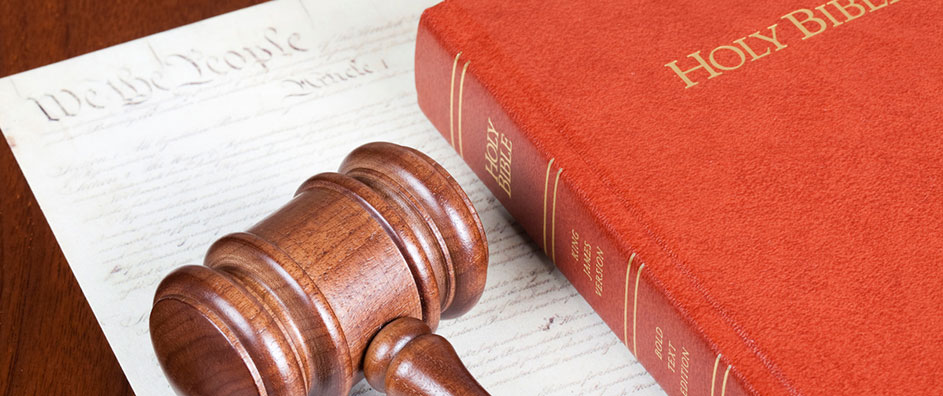In the discourse of Bahá’í teachings, one pivotal theme is the concept of the infallible balance among morality, religion, and law. This triad serves as a foundational framework for understanding not merely individual conduct but also the structure and functionality of society as a whole. Each element plays an indispensable role in cultivating a just and harmonious existence, thus warranting careful examination and contemplation.
The Bahá’í Faith posits that morality is fundamentally rooted in the innate nature of humanity. It is perceived as an intuitive guide, a moral compass that directs individuals toward ethical living. The concept of morality transcends the mere adherence to societal norms or legalistic prescriptions. Rather, it is viewed as an essence—an embodiment of altruism and integrity that should govern both private and public lives. It calls upon individuals to engage in acts of service, compassion, and justice, reflecting the interconnectedness of all human beings.
This understanding of morality is intricately linked to religion. The Bahá’í Teachings articulate that religion, when interpreted accurately, should promote the moral development of individuals and communities. It is not merely a set of rituals or dogmas; instead, it embodies spiritual principles that elevate human character and encourage a quest for truth. Within this framework, religion acts as a catalyst for moral advancement, inspiring adherents to internalize virtues such as honesty, kindness, and modesty.
Moreover, the teachings elucidate that true religion does not promote discord. Rather, it seeks unity and strives to eliminate prejudices, fostering a worldwide sense of brotherhood and equality. In this light, religious teachings are not static revelations; they adapt and evolve as humanity progresses. The dynamic nature of religious interpretation is essential for aligning moral understanding with contemporary societal needs.
Complementing morality and religion is the aspect of law, which provides the structural underpinnings necessary for societal order. It is crucial to recognize that, in the Bahá’í view, laws derived from religious teachings are not intended to be restrictive; instead, they serve to protect the rights and freedoms of individuals while ensuring the common good. Laws represent a pragmatic approach to the moral ideals espoused by religion, translating them into actionable guidelines for daily existence.
The interdependence of morality, religion, and law underscores the concept of the infallible balance. Each domain offers checks and balances to the others, creating a harmonious interplay that catalyzes societal advancement. For instance, while laws provide the framework for justice, they must be informed by moral principles. If a law contradicts fundamental ethical tenets, it risks losing legitimacy and efficacy. Conversely, morality must be reflected in laws to ensure that they serve their intended purpose—promoting equity and preventing exploitation.
This framework necessitates a recognition of the nuances inherent in the application of laws. Human societies are characterized by diversity—culturally, socially, and spiritually—and therefore call for a legal and moral system that is flexible and adaptable. Rigid interpretations of either morality or law can lead to disparities and injustice. The Bahá’í perspective advocates for laws that not only uphold justice, but are also imbued with compassion—a notion that resonates profoundly with the core tenets of moral reasoning.
In addressing the complexities of law, Bahá’í teachings also stress the importance of consultation. This process encourages collective decision-making and collaborative discourse, where diverse viewpoints can be reconciled. Through consultation, community members engage in constructive dialogue, seeking solutions that not only align with moral principles but also accommodate the diverse experiences within the group. This participatory approach imbues the legal system with a sense of legitimacy and inclusivity, fostering greater societal cohesion.
Additionally, it is essential to explore the implications of the infallible balance within the realm of global governance. The Bahá’í teachings advocate for the establishment of an equitable global society through the mechanisms of international law. Just as morality, religion, and law interact on the individual and community levels, they must be holistically integrated within global frameworks. An international legal system that reflects moral imperatives and fosters a spirit of cooperation can pave the way for peace, security, and justice across nations.
In conclusion, the Bahá’í perspective on the infallible balance of morality, religion, and law offers profound insights into the architecture of a just society. This triadic interplay illuminates the necessity for each element to inform and support the others. As moral compasses, religions provide direction and purpose, while laws operationalize these principles into societal norms. Achieving this balance is crucial for fostering unity and cooperation, vital in an increasingly interdependent world. Ultimately, the teachings call for a reflective and proactive approach, encouraging individuals and communities to engage with these concepts to transcend superficial understandings and seek deeper, more meaningful interactions with one another and the world around them.
